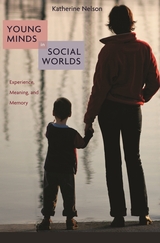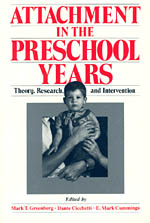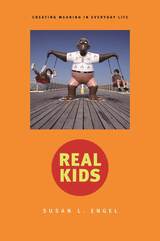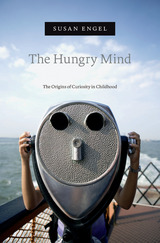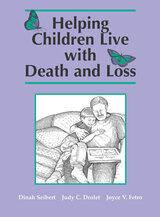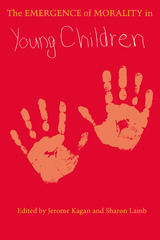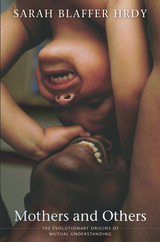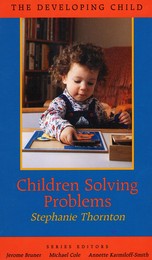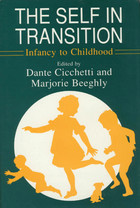Cloth: 978-0-674-09725-4 | Paper: 978-0-674-09726-1
Library of Congress Classification BF723.H45E56 1992
Dewey Decimal Classification 155.418232
Much of this century’s empirical research in the social sciences has been devoted to understanding the causes and contributing factors of antisocial behavior. In studies of children’s moral reasoning and conduct, developmental psychologists have probed the cognitive and social bases of aggression, conflict, delinquency, and prejudice. In contrast to psychology’s lengthy preoccupation with negative behavior in children, the study of children’s altruistic, cooperative, and sharing behavior has a relatively short history.
The Caring Child provides the most up-to-date account of our current understanding of the motivations behind prosocial behaviors and how these motives develop and are elicited in various situations. When do children first exhibit prosocial behavior, particularly altruism? How do helping, sharing, and comforting behaviors change with age? Why are some children more caring than others? Are differences among children’s prosocial behaviors a result of hereditary factors, of how children are raised, or both? Can prosocial tendencies be enhanced by parents’ and educators’ deliberate attempts to instill altruistic motives and to teach caring behaviors?
Nancy Eisenberg broadens our concept of the moral potential of children as she shifts the focus from censoring antisocial behaviors to the active promotion of kindness and caring in children.
See other books on: Child | Developmental | Psychology
See other titles from Harvard University Press

